MIT, Harvard seek to block Trump rule barring foreign students from staying in US for online classes
A lawsuit recently filed by Harvard University and Massachusetts Institute of Technology (MIT) in a federal court in Boston, seeking to block a Trump administration rule barring foreign students from remaining in the country if educational institutions don’t hold in-person classes this fall, has met a typical Trumpian diversion: A threat to have their tax exempt status reviewed.
About 60 American universities on Sunday, however, filed what is known as an amicus brief supporting the lawsuit, including seven other Ivy League schools.
The Ivy League is an American collegiate athletic conference comprising eight private universities in the Northeastern United States. The term Ivy League is typically used beyond the sports context to refer to the eight schools as a group of elite colleges with connotations of academic excellence, selectivity in admissions, and social elitism. Its members in alphabetical order are Brown University, Columbia University, Cornell University, Dartmouth College, Harvard University, the University of Pennsylvania, Princeton University, and Yale University.
The universities said they relied on federal guidance, which was to remain “in effect for the duration of the emergency,” allowing international students to attend all-online courses during the pandemic, according to the amicus brief.
An amicus curiae brief is a persuasive legal document filed by a person or entity in a case, usually while the case is on appeal, in which it is not a party but has an interest in the outcome—typically the rule of law that would be established by the court in its ruling.
“The emergency persists, yet the government’s policy has suddenly and drastically changed, throwing amici’s preparations into disarray and causing significant harm and turmoil,” they added.
Something in the order of 1.1 million overseas students attended US higher education institutions in the 2018-19 academic year, according to a report by the State Department and the Institute of International Education (IIE), and they made up 5.5% of the entire US higher education enrollment.
The announcement by the Trump administration blindsided academic institutions grappling with the challenges of safely resuming classes as the coronavirus pandemic continues unabated around the world and surges in the United States.IV
The US government has been trying to get schools and universities to reopen by autumn. Harvard has already announced it would hold all classes online that term.
“The president is using foreign students as pawns to keep all schools open, no matter the cost to the health and well-being of these students and their communities,” said Mark Rosenbaum, a lawyer with Public Counsel, a legal aid organization in Los Angeles that filed a lawsuit Friday on behalf of graduate students at three California universities. “It’s temper-tantrum policymaking.”
Late Thursday, California filed its own lawsuit seeking a preliminary injunction against the Trump rules from the U.S. District Court for Northern California. The state, home to the largest population of international students in the country, called the administration’s policy change “cruel” and “absurd” and said that the government had failed to follow the legal procedure for notice and comment required before implementing new rules.
About 185,000 international students are enrolled in California’s public and state universities.
“Shame on the Trump administration for risking not only the education opportunities for students who earned the chance to go to college, but now their health and well-being as well,” said the state’s attorney general, Xavier Becerra.
On Friday, Johns Hopkins also filed suit, saying that the administration was undercutting the university’s ability to protect “the health and safety of its students, faculty, and staff according to its own best judgment, as informed by its up-to-the-minute, world-leading expertise and data.”
William F. Lee, the lawyer for Harvard and M.I.T., told the judge in the case that it was important to have a decision by Wednesday, because that is when the government is requiring schools to certify that students are taking in-person classes to meet the visa requirements — “nine days after the change was announced,” the universities’ court papers note.
Shortly after the hearing, President Trump tweeted that he was ordering the Treasury Department to re-examine the tax-exempt status and funding of universities, saying too many “are about Radical Left Indoctrination, not Education.”
The administration directive on visas, the university lawyers argued, “has the hallmarks of a politically motivated maneuver” to force universities to hold in-person classes “without regard to the public health judgment of the schools and experts about whether that is safe for students, faculty and staff.”
Harvard and M.I.T. want to welcome students back to campus, the court papers said, but had determined that “it is not yet prudent to do so.” Harvard announced Monday that its undergraduate courses would be entirely online, although some students would be invited back to campus. M.I.T. has said that most of its courses would be taught online.
“Because higher education institutions do not exist in a vacuum, an outbreak at one poses a threat to the health and safety of everyone in the surrounding community,” the universities said in court papers.
White House press secretary, Kayleigh McEnany, defended the administration’s actions at a news conference earlier this week.
“You don’t get a visa for taking online classes from, let’s say, University of Phoenix. So why would you if you were just taking online classes, generally?” she told reporters, adding, “Perhaps the better lawsuit would be coming from students who have to pay full tuition with no access to in-person classes to attend.”
If the government rules are enforced, the universities said, international students “must abandon housing arrangements they have made, breach leases, pay exorbitant airfares and risk Covid-19 infection on transoceanic flights. And if their departure is not timely, they risk detention by immigration authorities and formal removal from the country that may bar their return to the United States for 10 years.”
VIDEO | Sana’a marks February 11 anniversary with mass rally at US embassy site
VIDEO | Iran’s Embassy in Ethiopia celebrates 47th anniversary of Islamic Revolution
Saudi leaders congratulate Iran on 47th anniversary of Islamic Revolution
VIDEO | Iranian embassy in Malaysia celebrates Islamic Revolution anniversary
VIDEO | Press TV's news headlines
VIDEO | Hundreds protest Israeli president's visit in front of Australia's parliament house
Iran officials hail massive rallies marking Islamic Revolution anniversary
Global congratulations pour in for anniversary of Islamic Revolution


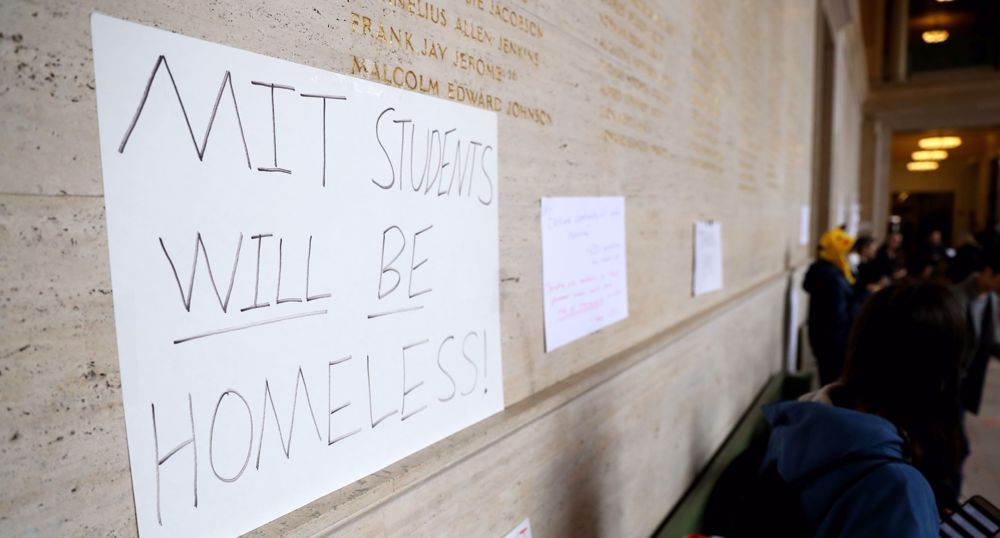



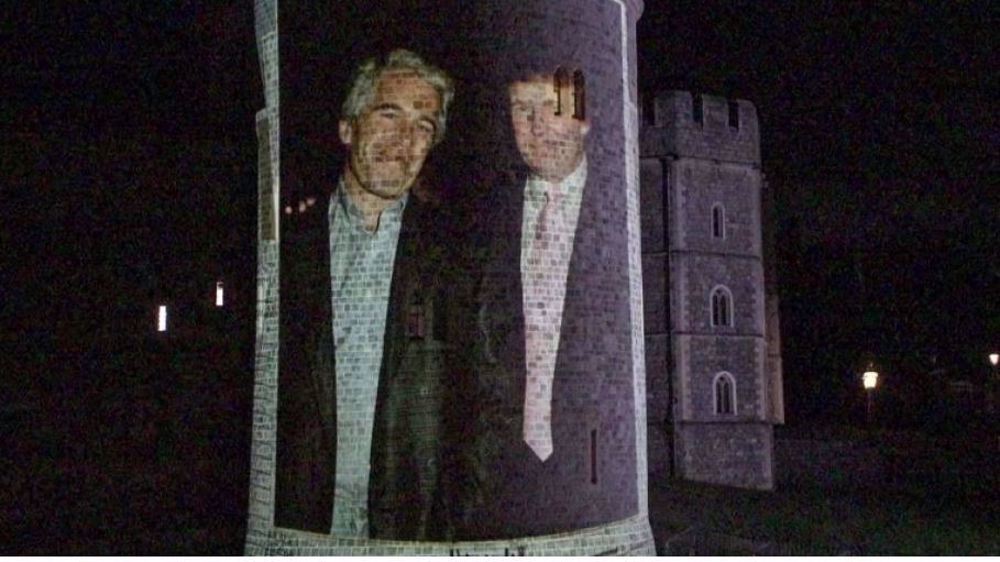
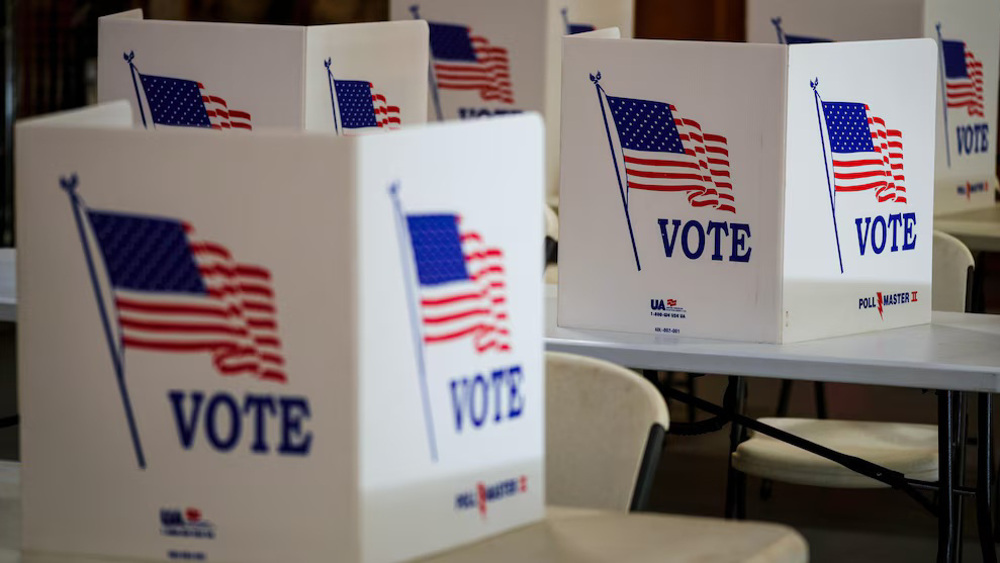
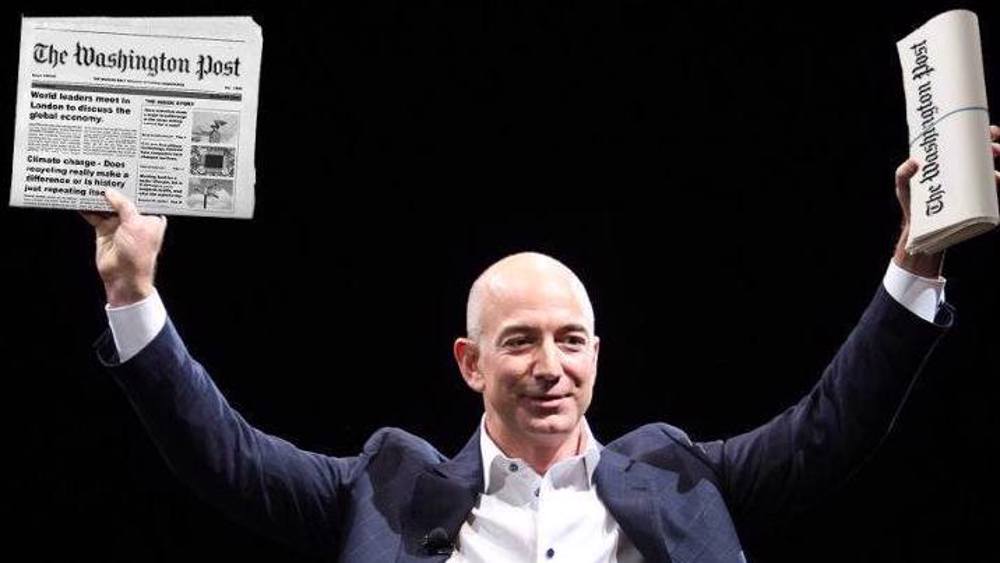



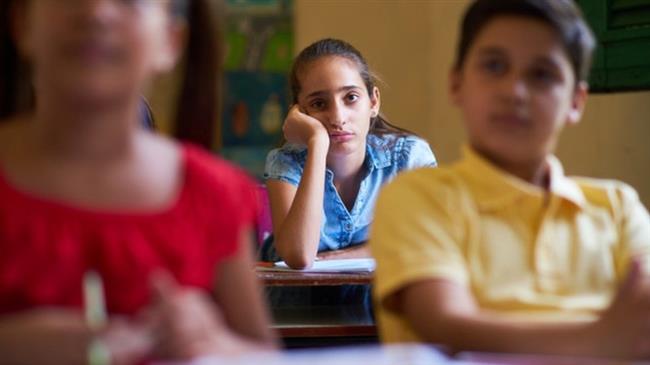
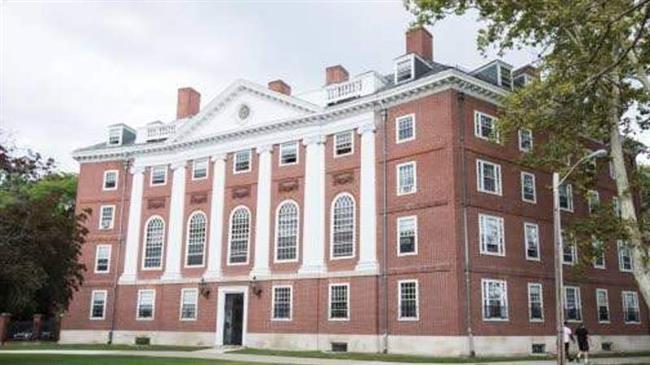
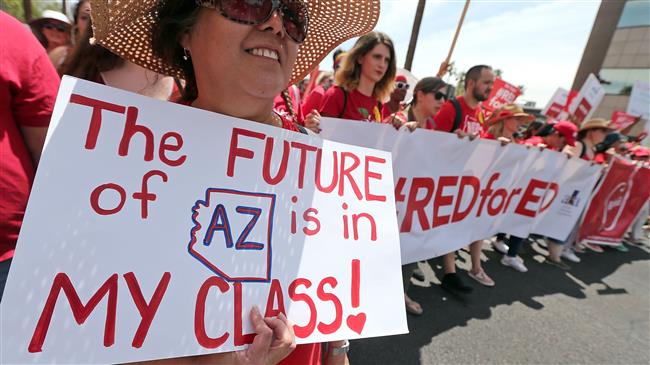

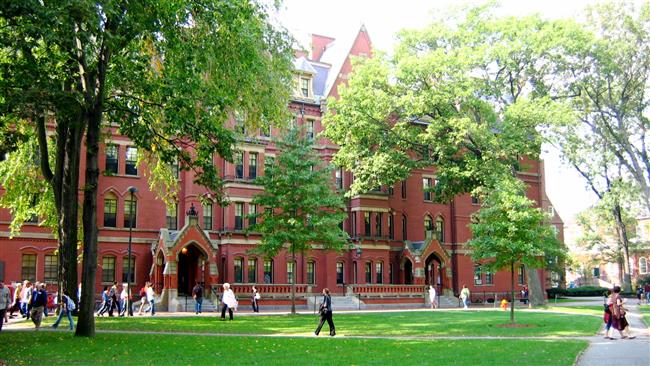



 This makes it easy to access the Press TV website
This makes it easy to access the Press TV website